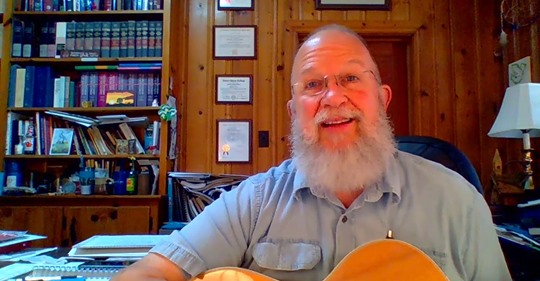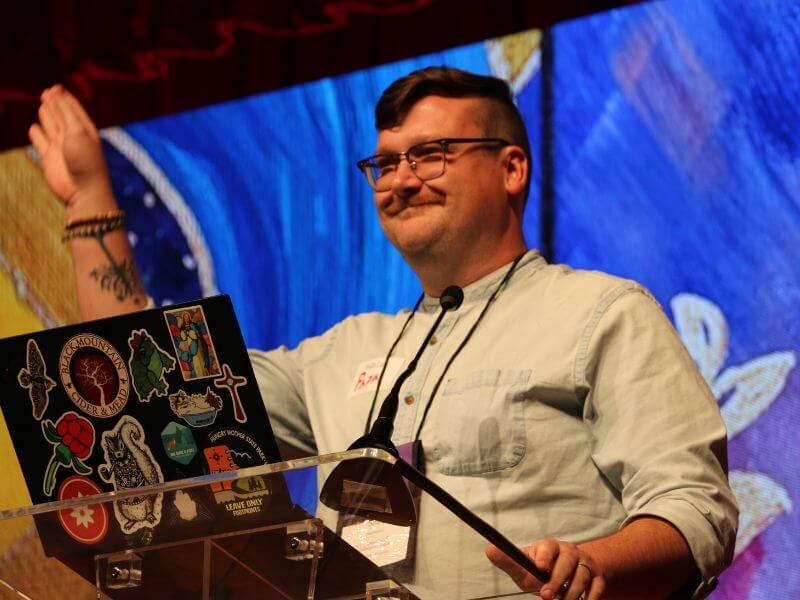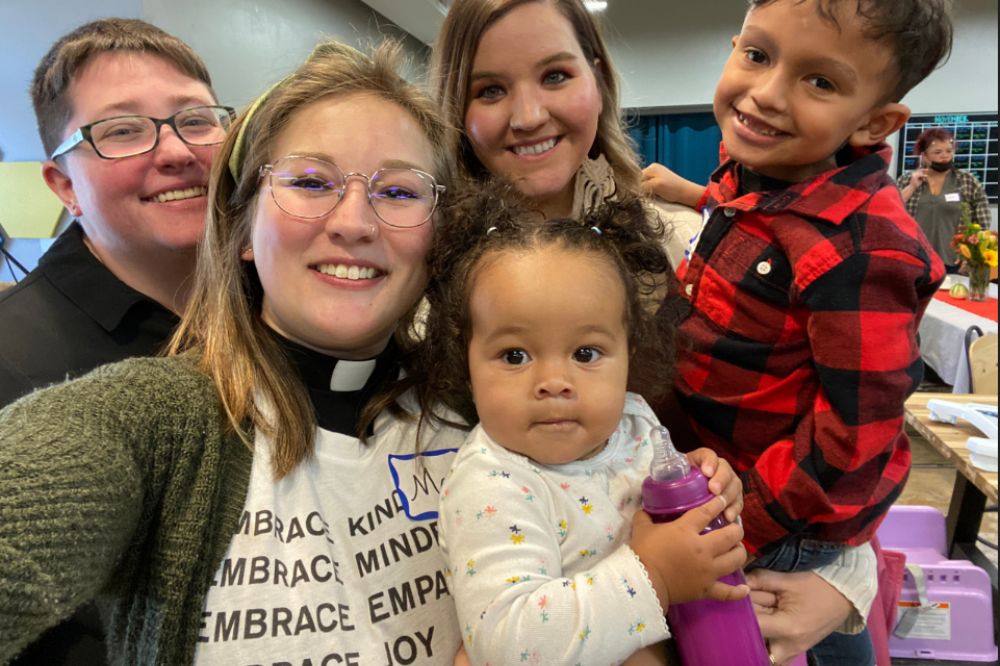 Finding new ways
Finding new ways
“I’ve heard some people say that they aren’t having church, but the truth is, we are the church. It is true that we cannot go to the building and worship corporately, have our spirits lifted in prayer, in song, in word, in communion. But we can certainly worship as the church together, apart. Think of it in this way, every Sunday, when things were less chaotic, sisters and brothers gathered for worship all across the world. Even though we weren’t under the same roof, we were joined together in faith, in the unity of the Spirit. Our songs and prayers were joined together and raised to God. Our hearts were connected by God’s grace. I knew that my friends at Bethphage, Daniel’s, Trinity, and Holy Cross in our Lincolnton community were all in worship together with us, yet in different places. The same is true today. On Sunday morning, know that Emmanuel’s community of faith, our church family, is gathering together apart, from our living rooms, dens, home offices, kitchens, and probably even bedrooms. Rest assured that we are all in this together, and together, by the grace of God, we will see this through.”
Pastor Michael Collins wrote those words to his congregation, Emmanuel, Lincolnton, earlier this year. Then he along with the congregation’s staff and leaders began to rethink how to do ministry, one step at a time, in a virtual way while practicing social distancing and staying at home. Neither Pastor Michael Collins, who has been ordained for 36 years, nor Sam Parham, a recent graduate of Lenoir-Rhyne University who serves as Director of Faith Formation, had much knowledge about technology or broadcasting, but with the help of others with more experience, they created a YouTube channel and started uploading virtual worship for the congregation, never missing a Sunday. Once they were comfortable with that, they also uploaded devotions, story times, and music to replace some of their in-person/in-the-building activities. They also added confirmation classes, virtual youth group, and a weekly Bible study via Zoom.
“It began with the staff wanting the congregation to know that we were here for them and we got plenty of feedback about what they liked, didn’t like, and what they wanted to see more of. We’ve done everything we can to ensure that nothing we were doing before the pandemic was taken away without some type of virtual replacement or opportunity,” shares Sam. “There are plenty of things that can’t be replaced by a Zoom or virtual program/activity, but we have tried to offer something for every age group.”
In addition to virtual gatherings and worship, Shelly Caffey, Emmanuel’s secretary, puts together a collaborative weekly newsletter called “Seeds of Hope”. Congregation members are invited and encouraged to send in craft ideas, recipes, readings, activities, jokes/memes, etc. and she puts that together with some theological content and letters from Sam and Pastor Collins. “It doesn’t really replace the social and intergenerational activities that Emmanuel would normally offer, but it does provide a non-virtual option that complements and supplements the online offerings.”
“We’ve seen more engagement with our virtual content than we ever saw in person, which is really interesting. It feels like we are reaching more people by being virtual than we were when everything was in person, so we will continue to offer some of these virtual opportunities even after we begin to re-gather,” shares Sam. “Maybe you weren’t called to do virtual ministry, but you can do hard things. You eat the elephant one bite at a time, so try the hard things and give yourself grace. What new ways will we, as a congregation and as a church, find to show God’s love? What new ways will we find to embody and share the Good News? What is the vital call and mission of our ministry now that so many things have been stripped away or altered so much?”
When Desmond Tutu said “There is only one way to eat an elephant, a bite at a time,” he could have never imagined how relevant this phrase would be for vital congregations in the NC Synod that are equipping and nurturing leaders, working collaboratively, and proclaiming the Promise of the Resurrection during a global pandemic.


 Finding new ways
Finding new ways
